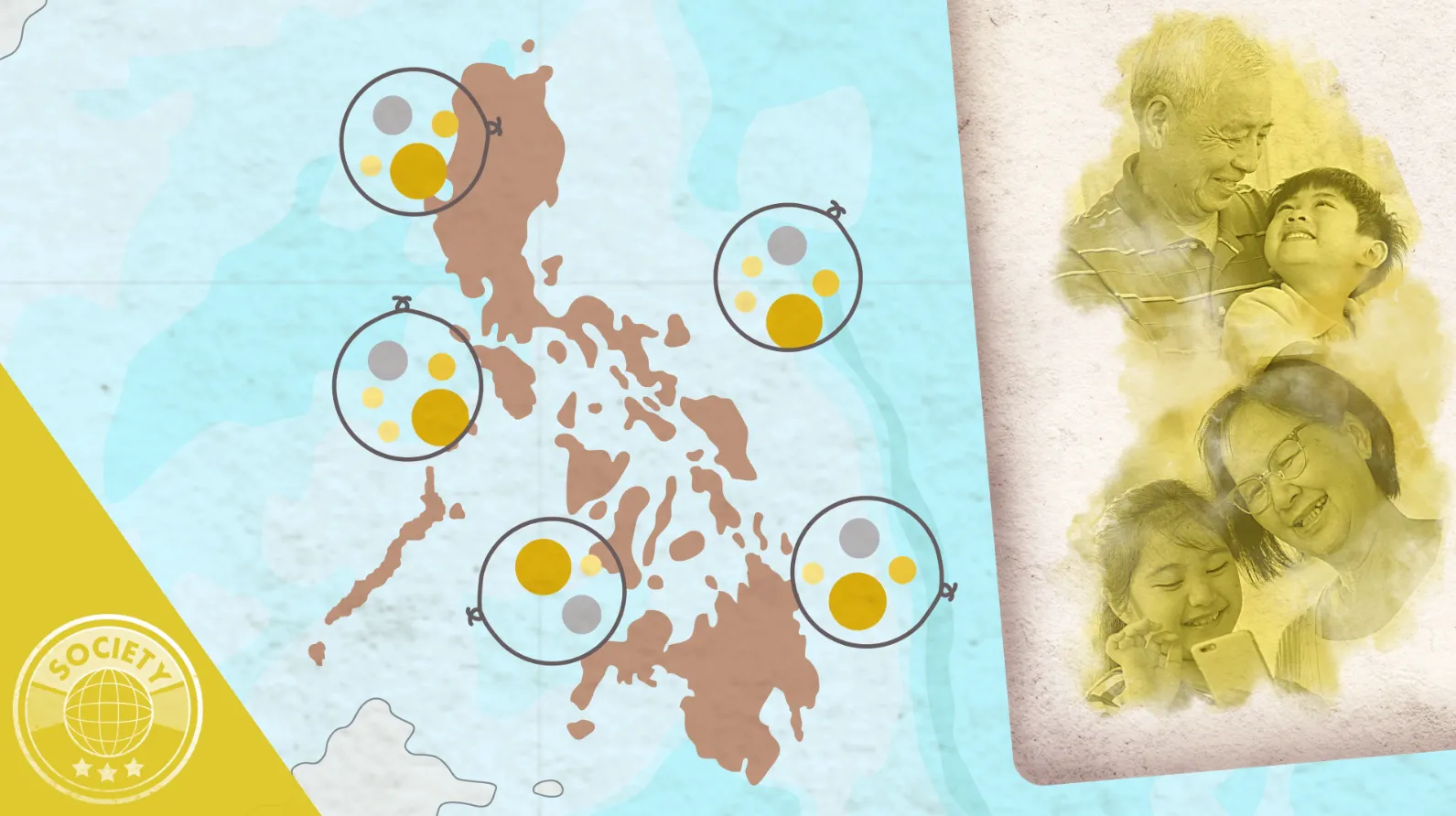The Lasting Effects of Emigration
When migrants seek work abroad, what does their home country gain and lose? Explore one example of a country shaped by emigration, the Philippines.
While we often think about migration in terms of where people go, another important piece of the story is where migrants come from—and what happens to the countries, communities, and families they leave behind.
What is emigration? What is the difference between immigration and emigration?
While immigration refers to a person moving to a new country, emigration refers to a person leaving their home country. Emigration has profound and interconnected effects—both positive and negative—on a home country’s economy, workforce, and society. Think about how your life might change if one of every ten people you know left your country.
One example of a country shaped by emigration is the Philippines; about a tenth of its population lives abroad. This significant flow of people away from their home country has lasting consequences for family members and communities there, who benefit from the remittances but face brain waste, family separation, and more.
Effects of Emigration from the Philippines (VIDEO TRANSCRIPT)
Emigration is a powerful force in the Philippines.
Millions of Filipinos have moved away. As of 2015, about 10 percent of the population was living outside of the country. This massive exodus has major consequences not only for those who leave but also for those left behind.
What are remittances?
Emigration directly shapes the Philippine economy, workforce and society. Many Filipinos move abroad seeking economic opportunity, and when they find it, they often send money back to their families. These financial transactions are called remittances, and they are an essential building block of the Philippine economy, accounting for nearly 10 percent of the country’s GDP.
People who receive remittances often make critical investments with that money, buying food, housing, and education. This steady flow of foreign money acts as a form of insurance, helping people weather regional and domestic financial crises.
However, dependence on overseas workers makes the Philippines more vulnerable to forces outside of its control, like if a foreign government restricts migrant labor, or if the value of a foreign currency drops, reducing the benefit from remittances.
How does emigration affect the workforce?
Emigration also affects the Philippine workforce. The government promotes emigration as a way to combat unemployment, arguing that more people leaving the country means more opportunities for those who remain, and with fewer job-seekers and less unemployment, employers will have to raise wages to compete for labor.
But there’s no evidence that this is the case. Instead, some experts argue that emigration creates “brain waste.” At least a third of Filipinos who move overseas have some college education, yet work in menial jobs or jobs unrelated to their degree. And emigrants who gain valuable skills abroad and return to the Philippines often choose to leave again rather than put those skills to use at home.
With so many people outside the country, the social structure inside changes too.
Emigration, gender, and family dynamics
The majority of emigrants are women. Many leave to pursue professional opportunities that may be harder to find at home. And emigration can provide an escape hatch for women who are stuck in unhappy or abusive marriages and unable to divorce. Many families are left divided, with spouses split half a world away from each other. Though it may boost families’ financial prospects, emigration disrupts traditional family dynamics. With one parent absent for long periods of time, many Filipino children can miss out on parental guidance and support, and other family members may need to take on the responsibility of providing care.
Challenges and opportunities of emigration
Emigration affects different Filipinos in different ways. Many see it as a path to prosperity, but the lowest-income Filipinos can’t afford to migrate. And even then, making the move is no guarantee of financial success.
Nevertheless, emigration still benefits millions. In fact, the Philippines recognizes Migrant Workers’ Day, celebrating their important contributions every June 7. It’s an annual acknowledgment of how this movement abroad shapes life back home.
